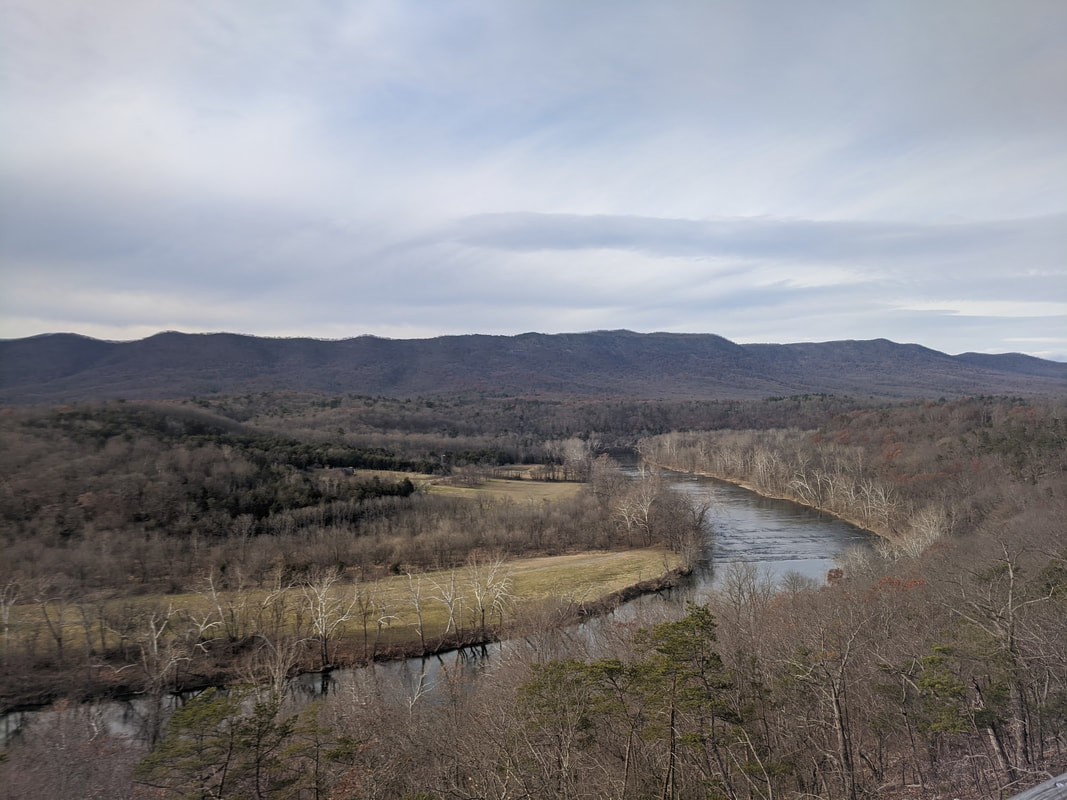|
This fall, I was accepted into the first class of Environmental Impact Fellows through the Nicholas Institute for Environmental Policy Solutions. Although I'm not quite sure yet where my future self will use these skills I'm learning through the program, I have been looking forward to this weekend, surrounded by all the intelligent, insightful, and impassioned members of this inaugural class.
. The past few days have been filled with the allegories of Plato and Martin Luther King, the poetry of Elizabeth Bishop, and the powerful convictions of Havel, Rousseau, and Machiavelli, to name a few. Our conversations circled around a few key questions, namely: What does it mean to strive towards good? What are the virtues of a good leader? How does one attain them, and what are mine? How do we balance the need for representation and equality in our society with the pressing pragmatism of timelines, personal liberties, and warring perspectives? And, lastly, how does one bundle all of these thoughts and questions about humanity and virtue, and produce a competent and respected leader? . I don't pretend to answer any but one of the very first, and even that is almost too slippery to grasp. What are my virtues and values? Which do I have now, and which do I work towards in the future? I've just been perusing the list of "Roman Virtues" proffered by the Wikipedia page on virtue, and a few do stand out to me. Firmitas and Industria, or tenacity and industriousness, surely seem to be a good pair of qualities. I don't know that I've quite managed to curate a true sense of stick-to-it-iveness, but I hope to gain that through the long hard grind that is a PhD. One that isn't on the Roman list is empathy. If I am being honest (see the last part of this paragraph), I think that this is the virtue that I have the most of. Sometimes too much, perhaps. But I think it is truly the most important to me, to be able to listen to others, understand their pain, and communicate in a way that is not overbearing, egotistical, or holier-than-thou. The last, Veritas, honesty, is said to be the 'root of all virtue'. I think that one can't be virtuous if one isn't first honest, especially with oneself. I know I have not been the most honest with myself about many things in my life, and I think this is the virtue, above all others, that I will try to work towards during this coming semester. I hope to succeed. . Another question that keeps rearing its head: How can we study the wisdom of those that came before us, when those same people would not believe that most of my fellow classmates should be learning from them at all? When reading excerpts from Machiavelli, Plato, and Darwin, I can't help but think--these old, dead, white men write about and for other old, dead, white men. Can we truly have a discussion about Darwin's thoughts about human nature, when he so obviously sees the majority of us as merely fragile child-bearers or savages? Should we address these issues head on, or perhaps just acknowledge them for products of a bygone era and get to the nugget of truth within? After all, nobody is perfect. Contemporary Internet culture would have us believe that we must throw out the whole apple if a worm is discovered within, but I am not so sure I agree. Yes, we should point out the worm, pull it out into the light, and study it (we are scientists, after all). But I, for one, would probably just cut around the bad parts and eat what remains. It seems that this is what we did during this weekend. We acknowledged the limitations and shortcomings of these authors and the seminar as a whole, but in the end we have learned from them as well. . I'm looking forward to the next session, held in March. Until then, my head will be swimming with thoughts of virtue, human nature, and society. And, of course, my to-read list has now sprouted legs and run off with all my free time! . . . PS and Food for Thought: This episode of Star Trek: Voyager kept popping into my head as we had our discussions on what it means to learn from someone imperfect (or, as in this case, incredibly flawed). I might just rewatch it tonight.
0 Comments
|
like it says on the tin. Categories
All
Archives
May 2024
|

 RSS Feed
RSS Feed